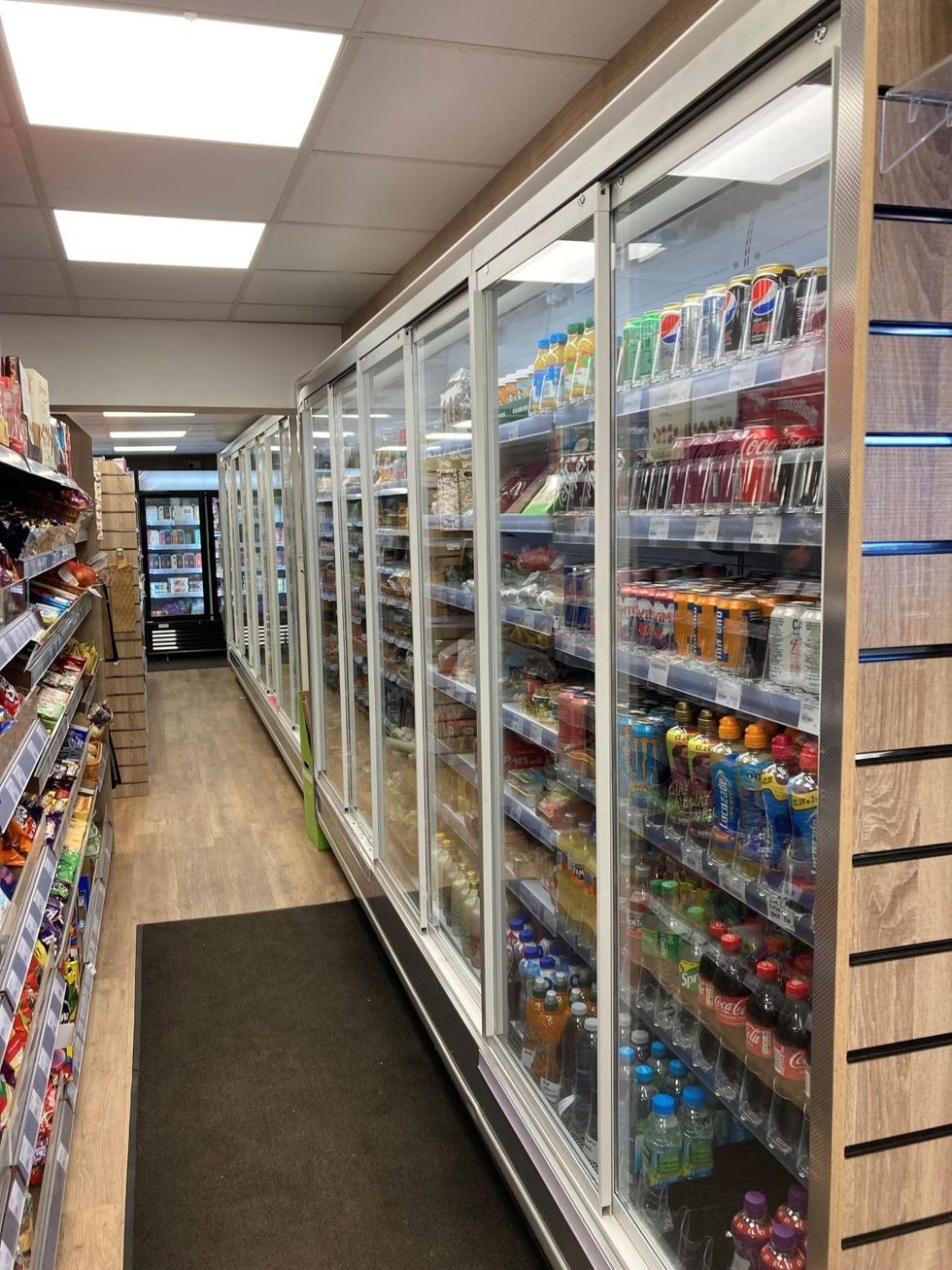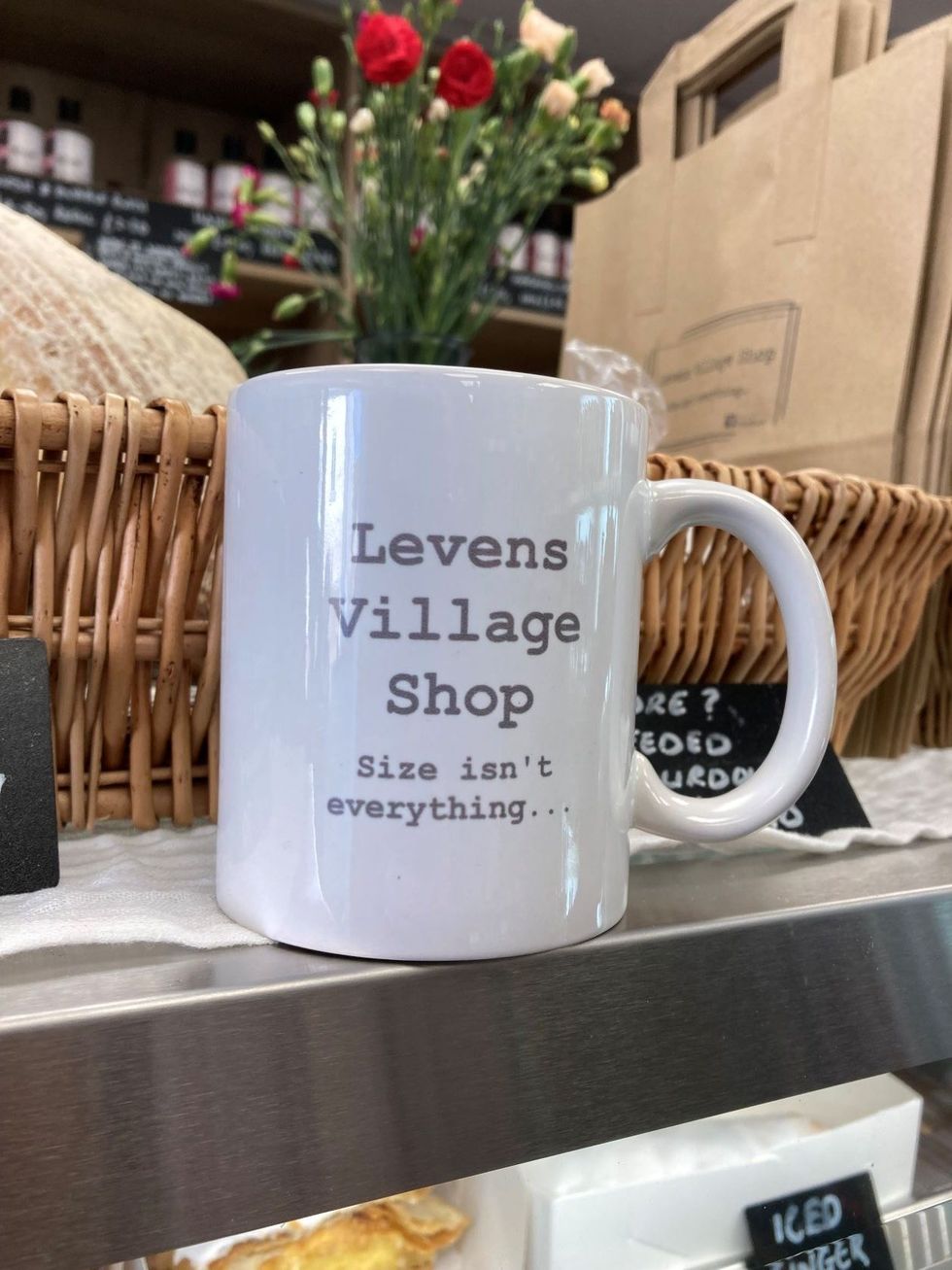An extension, re-fit and range review at a busy village store in Cumbria has enabled a
retailer to increase the choice of products available to customers in the shop that is a lifeline for many in the small hamlet.
Levens Village Shop, located near Kendal, is an integral part of the community with almost 300 customers using the store every day equating to nearly a quarter of the population.
The improvement work has seen the unusually shaped store made more uniform allowing owner Vanessa Riley to make better use of the space and incorporate new lines into the
shop.
The extension, which was carried out in January this year, has seen the shop grow in size as well as creating valuable storage space for stock.
A re-fit then followed in summer along with the move to Nisa as supply partner.
Vanessa, who runs the store with her partner Dave, said, “We have had the store for six years now and it was a brand new venture for us. We were looking for a house to re-locate to and came across a house with the village shop attached and we decided to give it a go.
“We knew the shop needed updating and it wasn’t how we wanted it to be but because it was all new to us, I wasn’t ready to make big changes straight away.”
Covid was the turning point for the couple, with increased trade and shopper demand, as well as more time spent at home to work on the project, the time was right, and the development was undertaken.
“The shop was too small and a strange shape, so we changed that and added more chillers and freezers. That’s when we decided we needed to change our supplier and we moved to Nisa,” said Vanessa.
“I was really pleased to be able to get the Co-op range for the shop, that was a really important factor for me, and we have had so much support and a great service from Nisa since before we even made our first order.”
Alongside the Co-op own label lines, which are popular with shoppers, the store boasts an extensive range of locally supplied products, including cakes, breads, eggs, honey, and alcohol.
“We wanted the shop to have a point of difference – not a farm shop but a balance between good everyday value and some really nice products that you can’t pick up at a supermarket.”








